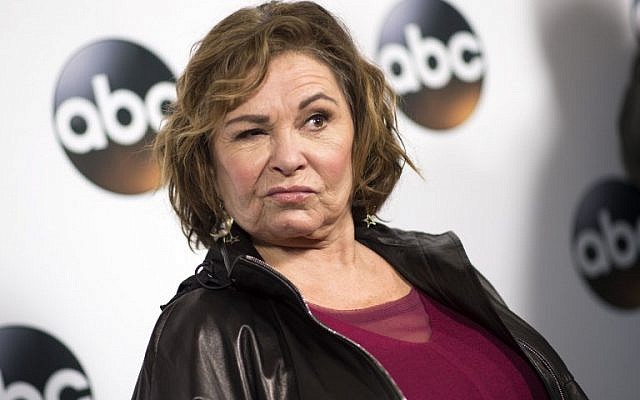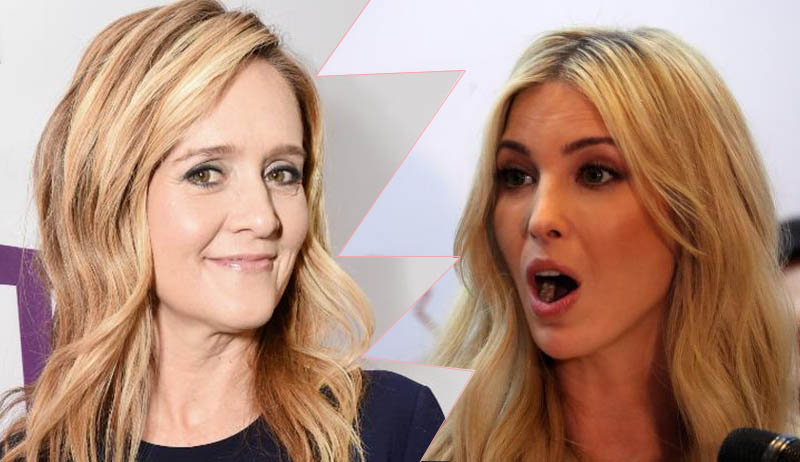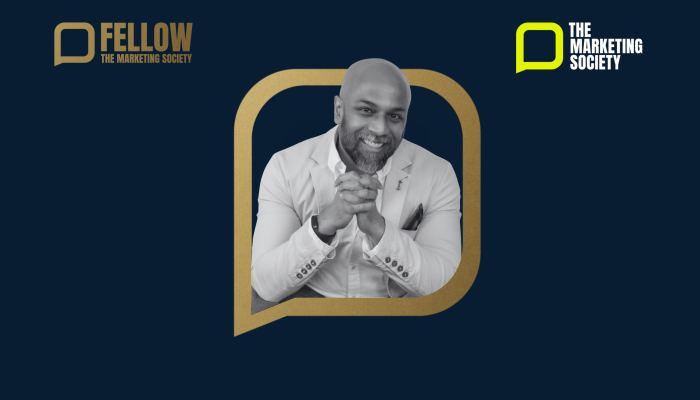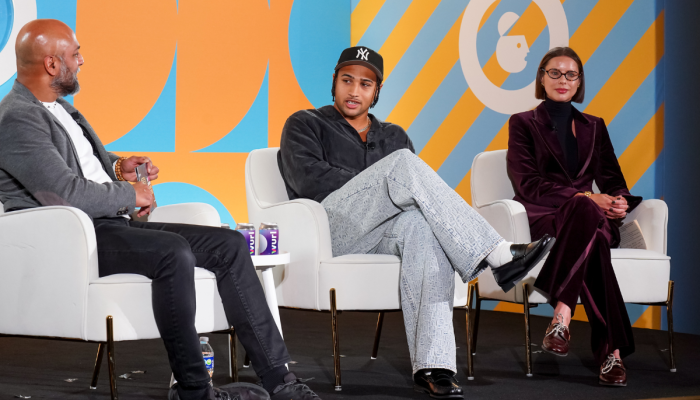As Thomas Hobbes said, life can be “nasty [and] brutish.”
Or at least that’s what last week felt like.
A week where Roseanne Barr did her usual on twitter, spewing racism, misogyny and conspiracy theories, sometimes all in one tweet.
ABC took the moral high ground by cancelling a show that they themselves had originally greenlit; Samantha Bee called Ivanka Trump a “feckless c---“; and Michelle Wolf premiered her Netflix show by picking on Mario Batali’s weight explaining that “now we can make fun of the way he looks because no one’s gonna come to his defense.”
Shock and disgust was the spirit of the criticism, but really should any of this have surprised anyone?
Much has been written about the way we talk to each other these days.
Some welcome it as truth and a respite from incessant and oppressive political correctness.
Others see it as an erosion of civility and respect and believe it gives racists and misogynists a megaphone and the mantle of credibility.
While these don’t break entirely along political lines, they mostly do. But no matter which side you are on, it was possible to take offense, as it seemed that everyone from every side was behaving badly.

The first episode of “The Break with Michelle Wolf” dropped on Sunday April 27 and like most new shows, it’s still finding its way.
The humor is inconsistent, the transitions can be awkward, but those are fairly typical for a premier.
What I took issue with was the body and fat shaming of Mario Batali.
While I have no desire to defend Batali, I do feel the need to accuse Wolf (and those two things are different). Batali’s behavior has nothing to do with his size and Wolf’s rationale that his looks are now fair game because of his actions is a dangerous and slippery slope.
Would it be OK, for example, to make racists comments about Bill Cosby because he was found guilty of rape? Absolutely not.
But you can see how we could get there (and I’m sure many on the internet already have, but this is not about them).
Wolf’s jokes, along with photos, smacked of bullying, felt unnecessary and were frankly lazy.
She can and has done better.

And then came Tuesday, when everyone woke up to Barr’s tweet-storm attacking Valerie Jarrett, Chelsea Clinton, George Soros and others.
The criticism came fast from members of her show, the media, celebrities, politicians and the Internet at large.
Barr apologized, then almost immediately double-downed claiming that her Planet of the Apes reference in describing Jarrett was fair since comedians have done similar with Trump.
By noon, ABC had cancelled the show.
Swift and proper action for which ABC and Disney executives were almost universally praised and a decision that was also held up as proof that having diversity at the top makes all the difference.
As Channing Dungey, President of ABC Entertainment (and the first African American and first black woman to ever head a major television network) explained, “Roseanne's Twitter statement is abhorrent, repugnant and inconsistent with our values, and we have decided to cancel her show.” This was followed by a comment from Disney Chairman Bob Iger, who said “there was only one thing to do here, and that was the right thing.”
But as usual, things are not so simple because there’s one other thing that makes this all a bit disingenuous.
These were the very same executives who earlier approved “Roseanne” knowing full well what they were getting with Barr.
She has not been hiding her views all these years.
They wanted to appeal to the Trump voter (though it’s been disproven that the working class is the group that got him elected) and they made a risky deal choosing to ignore Barr’s previous bad behavior and, I have to assume, believing naively that they could control her. I want to believe that because otherwise, it might appear as if they cynically put her show on air, knowing it probably wouldn’t be around for long but wanting to reap all the money they could before it all blew up.
So, do you deserve credit for fixing a bad decision?
Absolutely.
But should you be held accountable for making that original bad decision?
Absolutely.

And just as we were moving on from Barr, Samantha Bee called Ivanka Trump the c-word on her show “Full Frontal” on Wednesday evening.
And if there’s ever a charged word to use when describing a woman, this is it. Bee chose it very purposefully to shock and create controversy.
But in doing so she allowed the legitimate argument that she was making (that the Trump administration’s policy towards immigrant parents and children is hateful) to get lost in the deluge of criticism that followed. We can debate as to why this word has such power to offend and whether that has been diminished after a week of hearing it from practically everyone, but there’s no doubt that it became the focus of all discussion.
Does this rise to the level of racism, like Barr’s tweets, as some claimed? No, those were attacking someone’s race using an old and ugly trope.
Bee attacked Ivanka’s character, which is fair game especially for someone in politics. But the ugliness of the word was unnecessarily distracting. And it had the added unfortunate effect of providing a false equivalency with Barr’s racist tweets, which many, including the president, were eager to exploit.
Another critique, especially but not exclusively from those on the right, was that no one would ever dare use the word when describing the Obama girls or Chelsea Clinton.
But this too is a false argument because Malia, Sasha and Chelsea were children when their fathers were president. Ivanka is a senior adviser working at the White House. As such she is a political figure and her familial connection to Trump should not shield her from criticism.
Regardless, on Thursday Bee (and TBS) apologized, hoping it would diffuse the situation. But that almost made it worse. Bee is a comedian known for her rants and her use of shocking language. By her own admission she and the other writers made the decision to use the word after much debate and consideration. And if she truly believes the argument that Ivanka is in politics and it’s proper to critique her character and actions, then the apology is at best insincere.
As much as I personally don’t like that word leveled at a woman for any reason and I especially wish she hadn’t used it because it diverted everyone from the real issues, I also wish she had stood her ground.
So this is where we are … making fun of someone’s weight, trying to cast racist rants as jokes and defending a person’s right to use the c-word.
So yes, Hobbes most definitely had it right, we are living in a time that is nasty and brutish.
We can only hope that it will also be short.
By Adriana Rizzo, VP, Marketing and Publicity, Houghton Mifflin Harcourt



